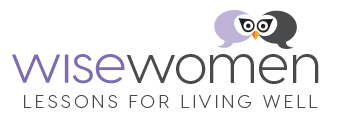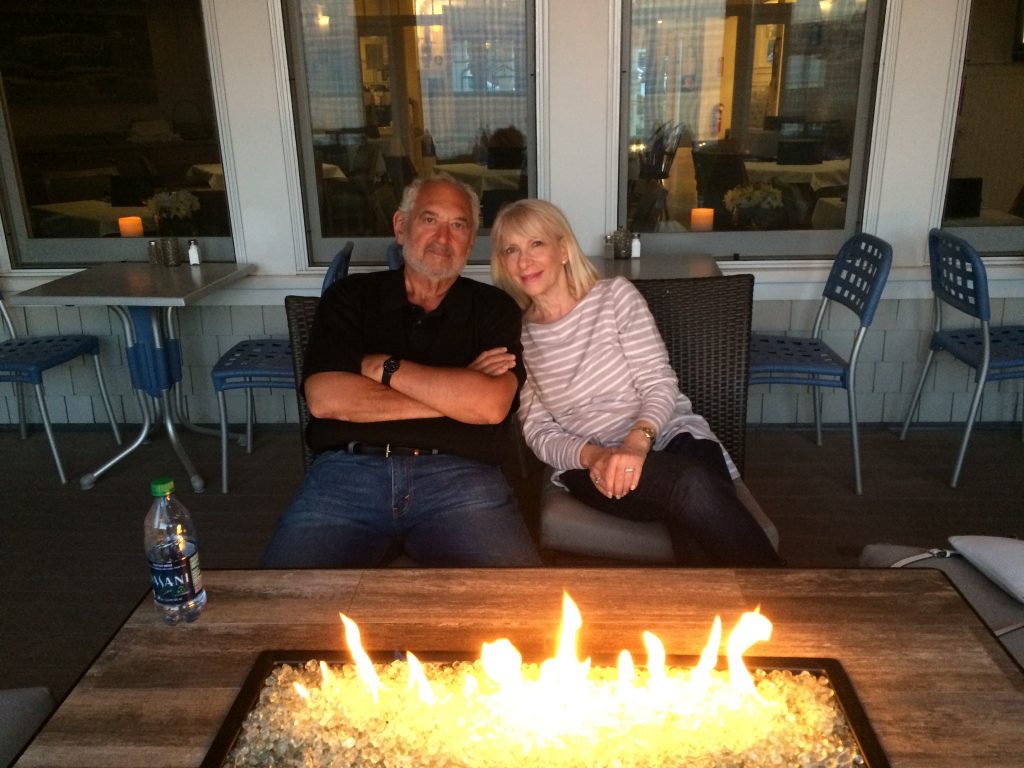
10 May Dodging Bullets: On being your own advocate
I am a five time cancer survivor. I have been dodging bullets since 1999. I carry the BRCA1 “Anjelina Jolie” gene. I have had three ovarian cancers and two breast cancers. I attribute my survival to great medicine and doctors who listen, a loving and supportive family and friends, but just as important, to my tenacity, search for knowledge, serendipity and healthy lifestyle.
It has been a long and interesting road. I cannot say in all honesty that my attitude has always been positive. I have been scared, always worrying and stressing about what could happen. I stopped going to support groups because what I heard kept me up at night. I remember lying with my first grandchild at her bedtime, and crying silently that I would not be around to see her grow up, but we just celebrated her 10th birthday, and I am still here.
Hopefully this article will help others in navigating the medical system, finding solutions as a lay person, networking and questioning the medical professionals.
My mother died at 44 of ovarian cancer when I was 13. Years later, I informed my gynecologist of this, yet, he dissuaded me from taking the CA125 blood test because of false positives. My family doctor felt differently and ordered the test. The tumour marker was elevated and I returned to my gynecologist with the result. He was not in a rush to do anything, there was a nurses’ strike at the time, and was going to put me on a waiting list. My husband insisted, and I was admitted two days later. I had a tumour on my left ovary and underwent a complete hysterectomy/oophorectomy, followed by six rounds of chemo.
Shortly after my diagnosis, I bumped into a friend – serendipity again – whose sister in Toronto was a gene carrier and was in a study which gave yearly breast MRIs to high risk women. Montreal did not have a breast MRI at the time. I called Sunnybrooke Hospital and signed up. Two years into the study, an MRI revealed a tiny tumour in the left breast that did not show up either ultrasound or mammography. This tumour could have gone undetected for years, and would have been much larger. Luckily, there was no lymph node involvement and I was treated by radiation only.
My two recurrences (the disease can return in the peritoneum) in 2005 and 2010 were caught early because of something that I had read in a newsletter created by an ovarian cancer survivor as a forum for other women with the disease. Although still in the normal range, a slowly rising CA125 can be a warning sign. It was.
For the last of my three chemos, I was told to ask for a drug, which would do the same job without the hair loss. This drug is not always offered, because it is more expensive. My son-in-law in Toronto is an oncologist. I was lucky to have this information.
I have blood tests and checks up every three months with my oncologist and twice yearly visits with my gynecologist oncologist and breast surgeon. I have a yearly MRI of my abdomen and pelvis and of my breasts.
This past November, the MRI showed something troublesome. After a follow up ultrasound and biopsy, a tiny tumour, 5 mm. was discovered. I had previously discussed having a prophylactic mastectomy with my doctors last year, but they didn’t recommend it. I didn’t push. Who wants to push for something so difficult when you are told by experts that you shouldn’t?
With the new diagnosis, I was going ahead with removal and reconstruction. I pushed to have the tumour removed as soon as possible, because there would be a longer wait for the other surgery and I know that below 5mm. chemo would not be necessary. The lump was removed at the end of December and the mastectomy and reconstruction was done this March 3rd.
I want women to know that the medical system is not perfect. I have learned never to wait to be called with the results of tests. No news does not always mean good news. Doctors’ secretaries sometimes are late in getting back to you. We need to be our own advocates, to ask questions and to question, to network with others in the same situation, to be diligent about medical checkups and appointments, and to push for what we feel we need. Knowledge is powerful and it can save your life.
-Merril Liverman
Merrill Liverman is a wife, mother and grandmother who travels between Toronto and California.
She is an elementary school teacher who has trained and mentored both student teachers and new teachers and has been active on Home and School, Governing Board and Professional Development in Early Literacy.
Merrill has served as co- chair of the Member Connections Committee of Temple Emanuel.
She has volunteered for Hope and Cope for the last six years and has helped raise money for cancer research at the JGH, as well as fundraising for Dove (detecting ovarian cancer early) for Dr. Lucie Gilbert.
Yoga and exercise are part of her daily routine.



No Comments